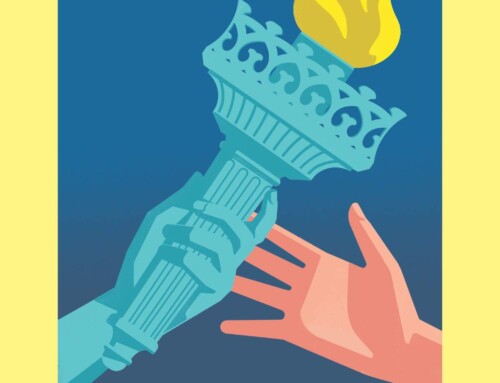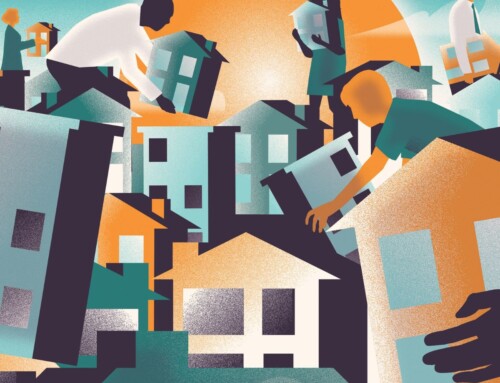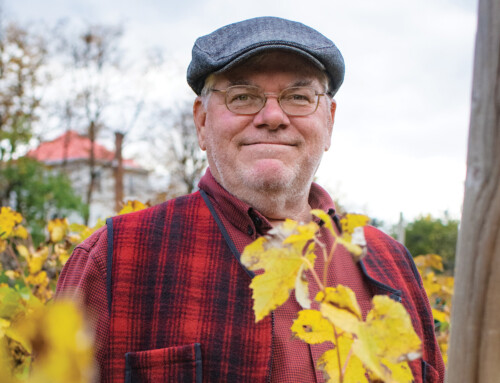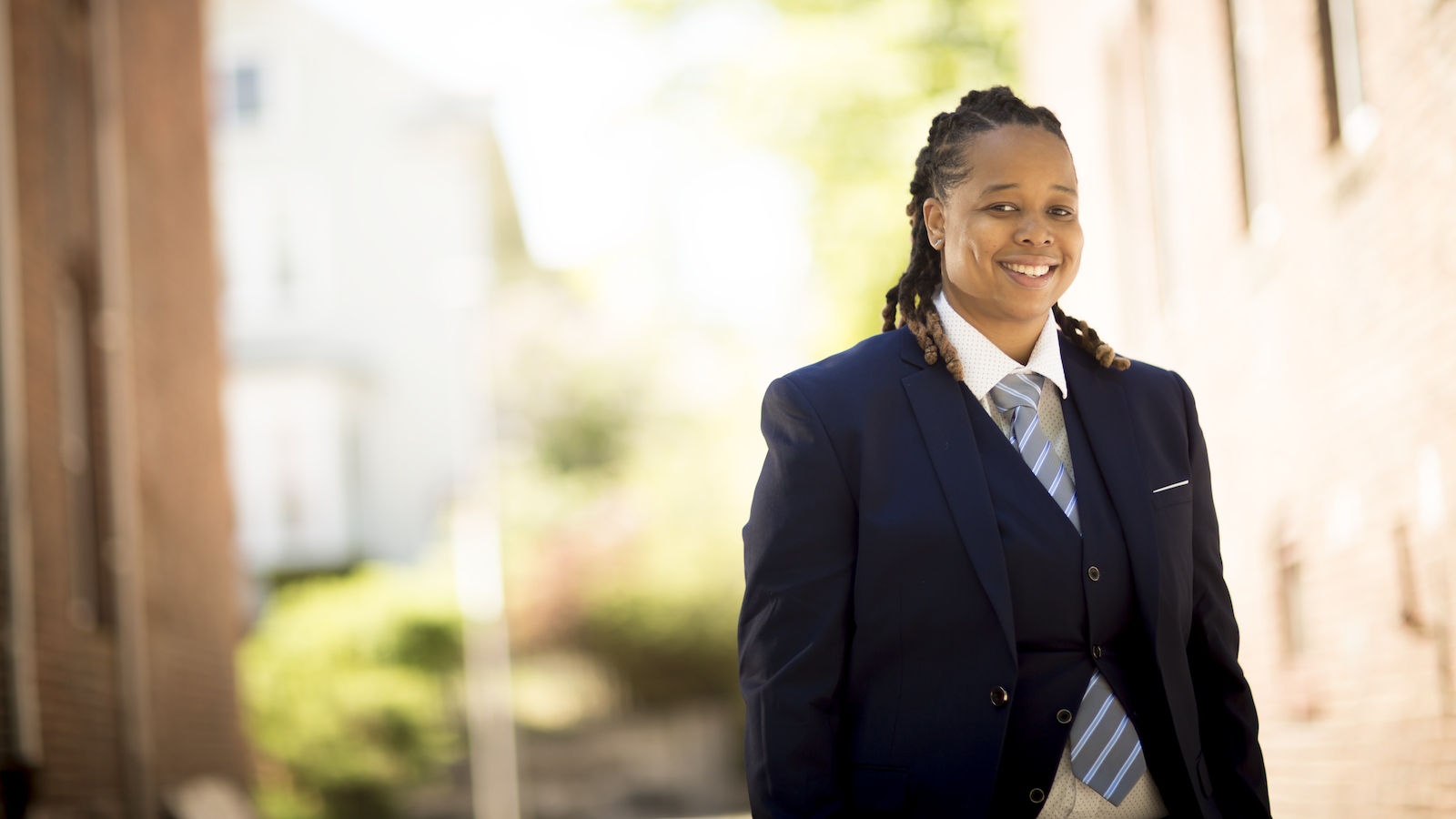Adjourn
A Long “Roe” to Hoe
By Brigitte Amiri ’99
Like most of you, I did not predict that the Supreme Court would overturn Roe v. Wade in my lifetime. Immediately after Dobbs was decided, those of us who litigate reproductive rights pivoted to state courts, filing over a dozen cases to try to block abortion bans under the state constitutions. My biggest focus this fall was Kentucky, where we challenged two abortion bans in a case that reached the Kentucky Supreme Court. In the five days after Roe was overturned, our Kentucky client, an abortion clinic, turned away more than 200 patients, some of whom were in the waiting room when the decision came down. Fourteen states, including Kentucky, have total or early abortion bans in place.
Lack of access to abortion has numerous conse- quences: it can be catastrophic for someone’s physical or mental health; it can tether someone to an abusive partner; and it can prevent someone from keeping their job, finishing school or caring for their children. The impact of abortion bans hits people who are marginalized the hardest, especially Black women, who are approximately three times more likely to die due to pregnancy-related causes than their white counterparts.
What comes next? We need to employ all the tools in the toolbox, and we need everyone engaged in the fight. Call your elected officials — even if they support abortion access. Vote for candidates who promise to make abortion access a priority. Donate to or volunteer for reproductive rights, health or justice organizations, especially abortion funds that provide funding to people seeking abortion who cannot afford it. Talk about abortion with friends and family; the stigma surrounding abortion contributes to harmful policies.
The good news is that we have seen success when we come together, including in the midterm elections in November, when tremendous grassroots advocacy efforts yielded victories on every abortion measure on state ballots, including Kentucky and Michigan.

But things may get worse before they get better. The other side is pushing laws that will prevent people from travelling to another state to access abortion, and they have their eyes on a national abortion ban. We must, all of us, try to lessen the human suffering caused by the cruel US Supreme Court decision and try to prevent the situation from getting worse.
The path ahead is not easy. And restoring Roe cannot be the only goal. Even prior to the Dobbs decision, many people were unable to obtain abortions under Roe because access had been pushed out of reach by abortion restrictions, poverty and racism. We must envision a country where people can obtain abortion care without obstacles and have true reproductive freedom, including the ability to parent with resources and support — and to be able to make decisions about our bodies, including accessing gender-affirming care. It is this vision that drives me to come to work every day and put one foot in front of the other, as bleak as things seem today.
About the Author
Brigitte Amiri ’99, deputy director of the ACLU’s Reproductive Freedom Project, is one of the nation’s leading litigators for reproductive rights.




